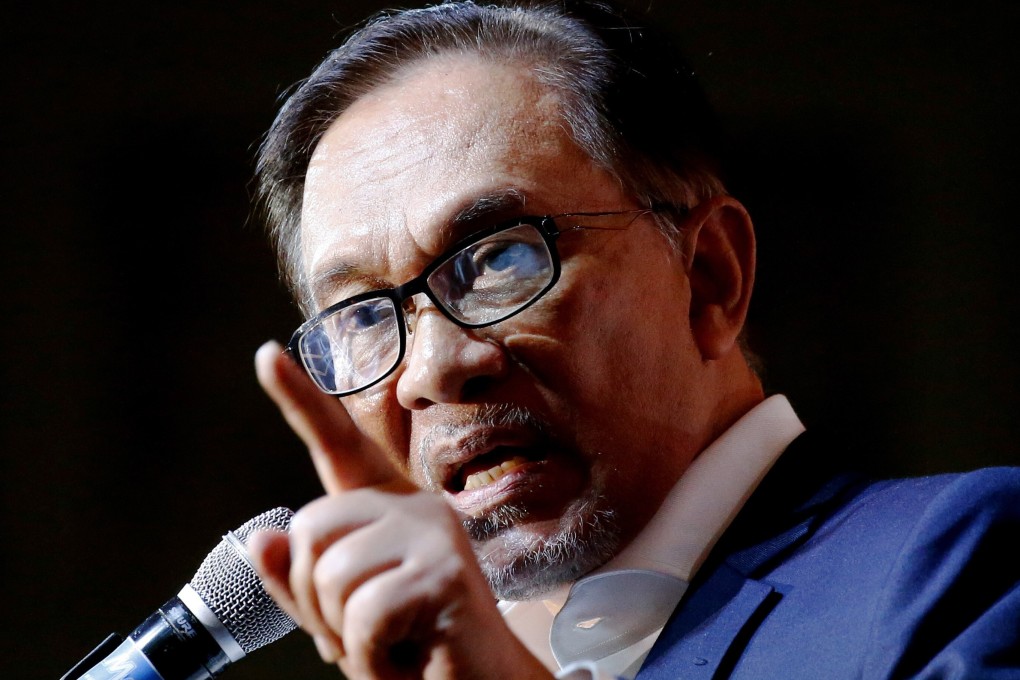Advertisement
Opinion | Does Malaysia’s opposition need a new leader or a new direction?
- Calls for change ignore the opposition’s structural problems, which are more significant than one man. A new leader without new direction would bring false hope
- Anwar Ibrahim can be a bridge to a better future. If he is unwilling, he should be removed, but a change will be pointless if his replacement cannot address the old problems
Reading Time:4 minutes
Why you can trust SCMP
3

Exactly 23 years ago in 1998, Malaysian politics entered a new age when Anwar Ibrahim, who was then deputy prime minister, was sacked by Mahathir Mohamad and subsequently imprisoned.
Anwar, charismatic and with Islamic and intellectual credibility, transformed Malay politics in two ways. First, his persecution propelled a wave of anger and defiance among younger and less privileged Malays against the dominant United Malays National Organisation (Umno). Second, he established the multi-ethnic People’s Justice Party (PKR), which by 2008 became the country’s largest opposition group.
However, 23 years later, Anwar leads the largest parliamentary bloc, Pakatan Harapan, consisting of PKR and three other parties. It holds 41 per cent of seats but Anwar is no closer to becoming prime minister.
Advertisement
Malaysia has since installed four prime ministers – including three since 2018 – while Anwar waits in the wings. He was twice jailed on trumped up charges related to sodomy, first by Mahathir and later by Najib Razak, who was at the centre of the 1MDB scandal, which caused Umno to lose power.
In 2018, Anwar made peace with Mahathir, who took over the Pakatan Harapan leadership and became prime minister a second time, ousting the Umno-led Barisan Nasional coalition in a historic result. Mahathir however refused to honour his promise to pass the baton to Anwar after two years.
Advertisement
Instead, after a series of twists, Mahathir’s deputy Muhyiddin Yassin took their Bersatu party – a splinter from Umno – out of Pakatan Harapan and claimed the top job by leading a fragile coalition including Umno, the Islamist opposition PAS, the Sarawak regional bloc GPS and other minor parties.
Advertisement
Select Voice
Select Speed
1.00x
